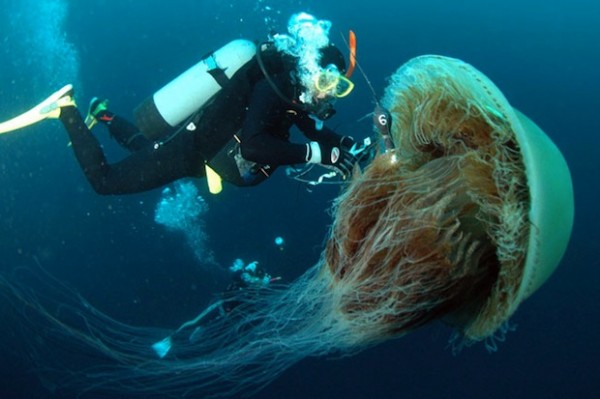When we head to the beach our must-have kits often include sunscreen, lip balm, tasty iced water a super large beach towel perhaps our Ipod, Ipad and phone. Very seldom do we think about the little accidents and incidents that can make out outing to the beach not so much fun. While prevention is always the best medicine it is important for us to be ready and be knowledgeable and ready to handle the small stuff. So before you head to the beach consider these four situations and take note of the solutions we have suggested aimed at helping you handle the unexpected.

The Terrible Jellyfish
An encounter with Jelly Fish when swimming in the ocean is not a question of if but a question of when. Thankfully the majority of Jellyfish you will encounter are not venomous. But if you are certain you have been the victim of a true jellyfish attack here are a few things to remember. First, remove the tentacles using a shell piece, or a credit card or any other object. Rinse the area with ocean water. It is not a good idea to use fresh water as it will exacerbate the problem, to deal with the toxins the best approach is a chemical approach, the sting is the result of a mixture of polypeptides and proteins like catecholamines, histamine, hyaluronidase, fibrolysins, kinins, phospholipases, and other toxins. The secret is to change the chemistry or acidity. If available the most practical means is the use of vinegar or baking soda paste, lightly rub the affected area and rinse with ocean water.
Cuts & Scrapes
Sadly most beaches have become home to sharp objects, glass and metal that can result in injuries to bare feet. In a perfect world we would all wear water shoes or sandals to prevent injury but in reality most of us find great joy in walking barefoot on the sand. If you or your little one happen to suffer a scrape or cut at the beach remember these three simple steps. Fresh water rinse, apply pressure and apply a topical antibiotic if available. If no antibiotic appears to be handy consider rinsing the cut with hard liquor. As a final note it is important to keep track of your last tetanus shot. If the cut is deep contact your doctor about it.
Severe Weather
If you see sudden changes to the behavior of the waves or the sky always consider this an emergency. The beach is no place to be when the weather is not behaving well. The advice is simple, run to covered shelter in a high spot.
Your Child is Lost
Contact the Lifeguard right away, alert as many people around you and focus on the water first and secondarily focus on those around you. Contact the authorities right away and deploy both land and water searches. When a child is lost close to a body of water it is a matter of severe urgency. Treat it as such
Regardless of your emergency, prevention is the best medicine, while you are at the beach remain engaged with your family and friends and always be alert of your surroundings.
Mary Smith lives in Dubai where she enjoys great culture and awesome beaches.

